If you are dealing with your sink, loaded plumbing, and yellow stains in dry skin and hair, then you have strict water, which is overwhelming in your water. If a test confirms this problem, the best fixer is to install a water servoner. Water Safer treats water where it comes to your home, exchanges calcium and magnesium ions that produce strict water with sodium or potassium ions.
These machines contain a tank that usually sits in a garage, basement or utility room where your water enters your home. They use calcium, magnesium, and other minerals from your water using the process called ion exchange. Once installed, you need to do everything to maintain your water softness from time to time fills it with salt. How can you know if your future can be a Water Safener purchase? Pay attention to the symbols.
1. A professional water test They say you need one.
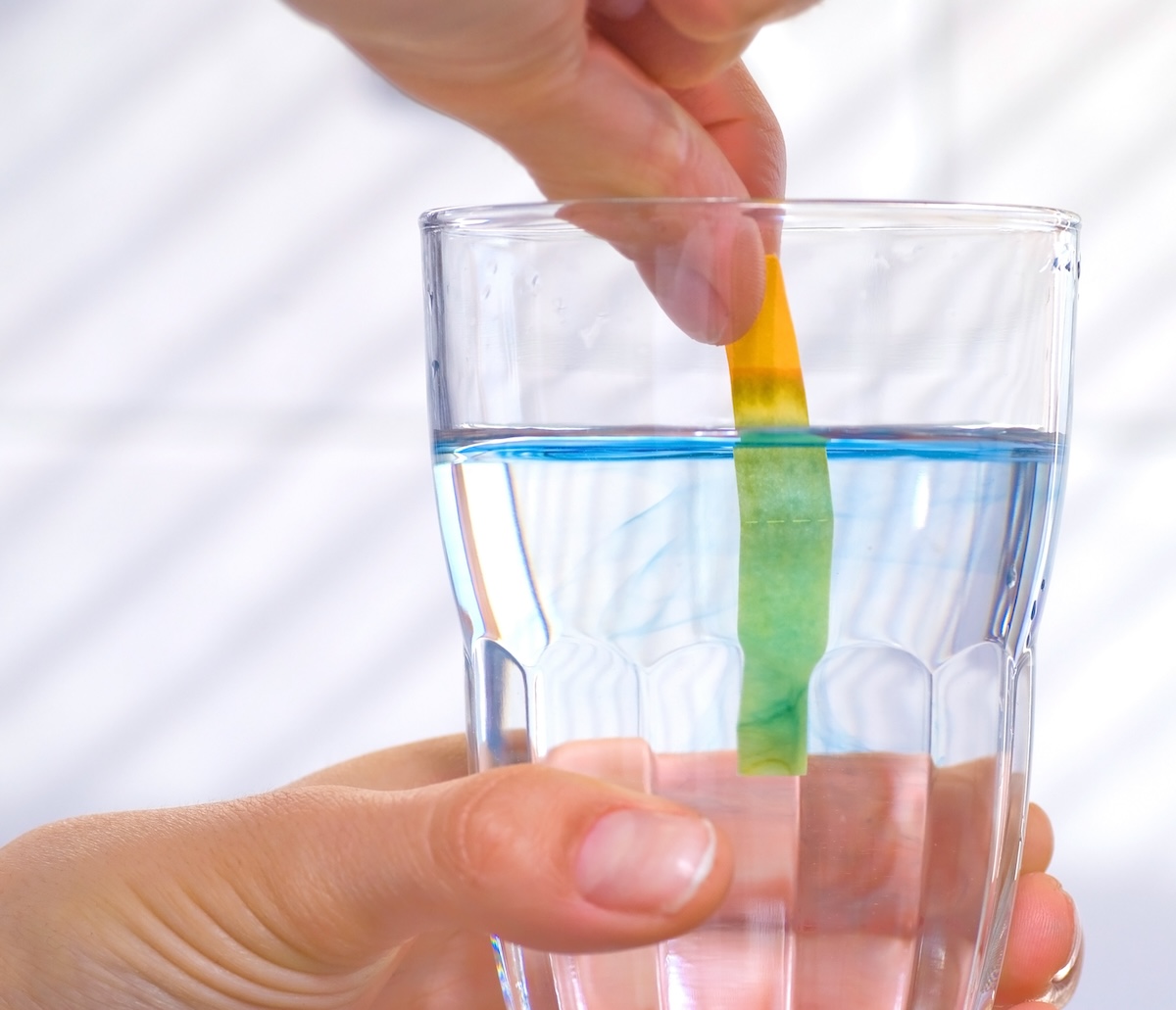
DIY Water Testing Kits, which are widely available at domestic centers and hardware stores, is a fast and affordable way to determine if you have severe water in your home. We suggest that you follow the DIY test with a professional test before you spend money on Quality Water Safener.
“DIY testing kits are effective in giving general limits for water stiffness, but there is a lack of precision,” says Mike Cell, a home water system specialist and Delta faucet. “Professional testing can be worthwhile if you are trying to read more and more if you are trying to diagnose a wider set of problems and strictly want to measure a series of other pollution.” Many companies offer tech home sampling kits that you can leave or mail your water for fees.
It is also recommended to contact your local water department to get a water quality report in sales, which will include data about water stiffness.
Water is classified according to the dissolved calcium carbonate per liter (mg/L):
| Water rating level | |
|---|---|
| 0 to 60 mg/l | Slightly hard to soft |
| 61 to 120 mg/l | Moderate tight |
| 121 to 180 mg/l | Difficult |
| Over 180 mg/l | Very hard |
2. There are stains on your bathroom fixtures.
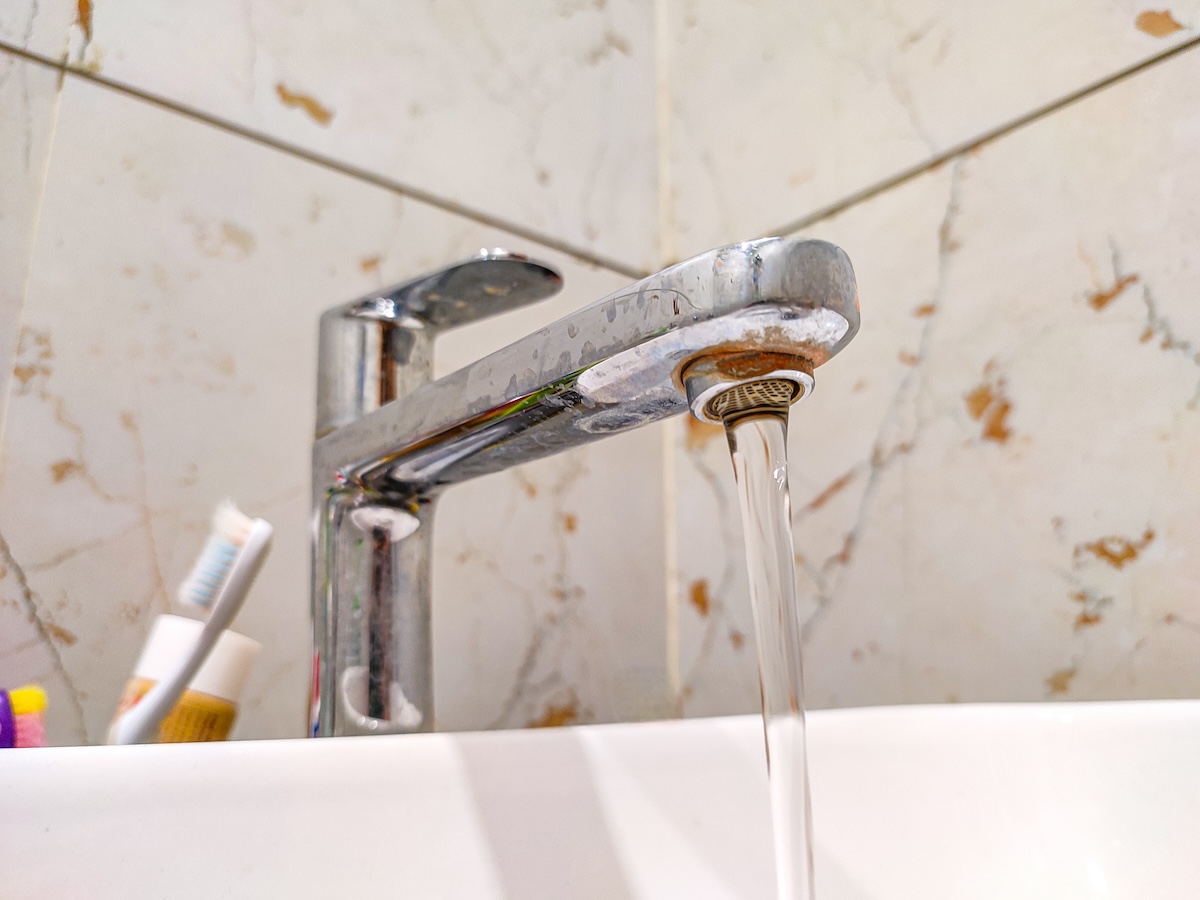
Since hard water has dissolved minerals and metals, it can produce ugly, stubborn stains on your sinks, toilets and bathtubs and can leave white, open reservoirs around your tonnes. “You will usually see hard water through its construction,” says El Figonds, founder and CEO of Figonds Plumbing and Heating. “Think about cloudy spots, taps and white chalky remains around your glass luggage, taps and shower heads.”
Fix: To remove the stiff stains of water on the tunes:
- Spray with white vinegar
- Sit for a few minutes
- Rinned and clean with a soft cloth.
3. Your glass equipment is cloudy and stained.

Hard water will leave mineral reserves on your utensils, leaving cloudy films and spots. It is especially noted on glass equipment. Another sign that you have hard water is poor performance of the dish washer. Minerals stop the spray arm and prevent the detergent from laying properly while complicating the problem.
Fix: You can use strict water designed special detergents and clean aids to deal with this problem, but installing a water patient is a better long -term fix.
4. Scale is blood up On your appliances and dishes.
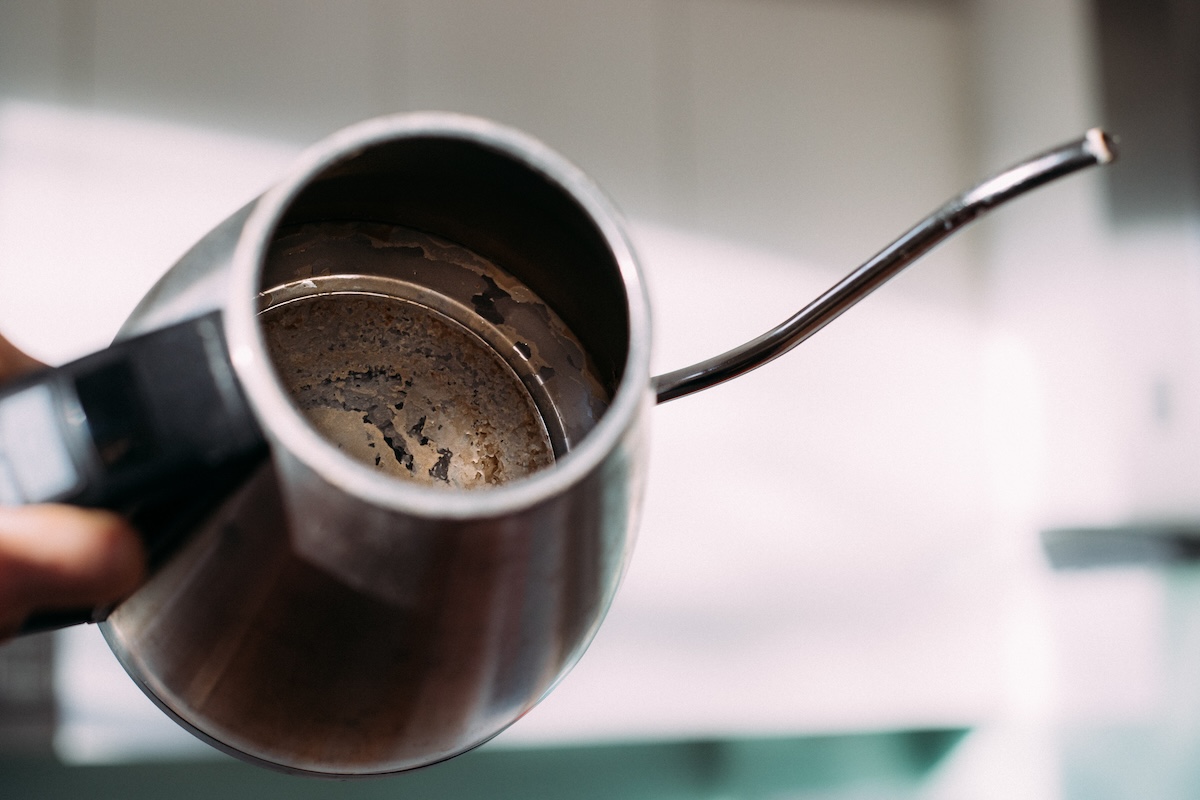
Mineral reserves, known as a scale or lime scale, can build on your utensils, coffee utensils, tea capitles, dinner luggage, glass equipment and cutlery, which makes a tough, clever film that is difficult to remove. Even worse, within the scale, devices that use water, such as dishwasher and washing machines, as well as within your plumbing system, which lead to expensive repairs.
“The (scale) makes your plumbing more difficult than that,” says Figonds. “Tubes can be closed, water pressure can be reduced, and parts like washer and valves are rapidly eliminated. This is a slow loss, but it increases.”
5. Your home plants don’t look so good.
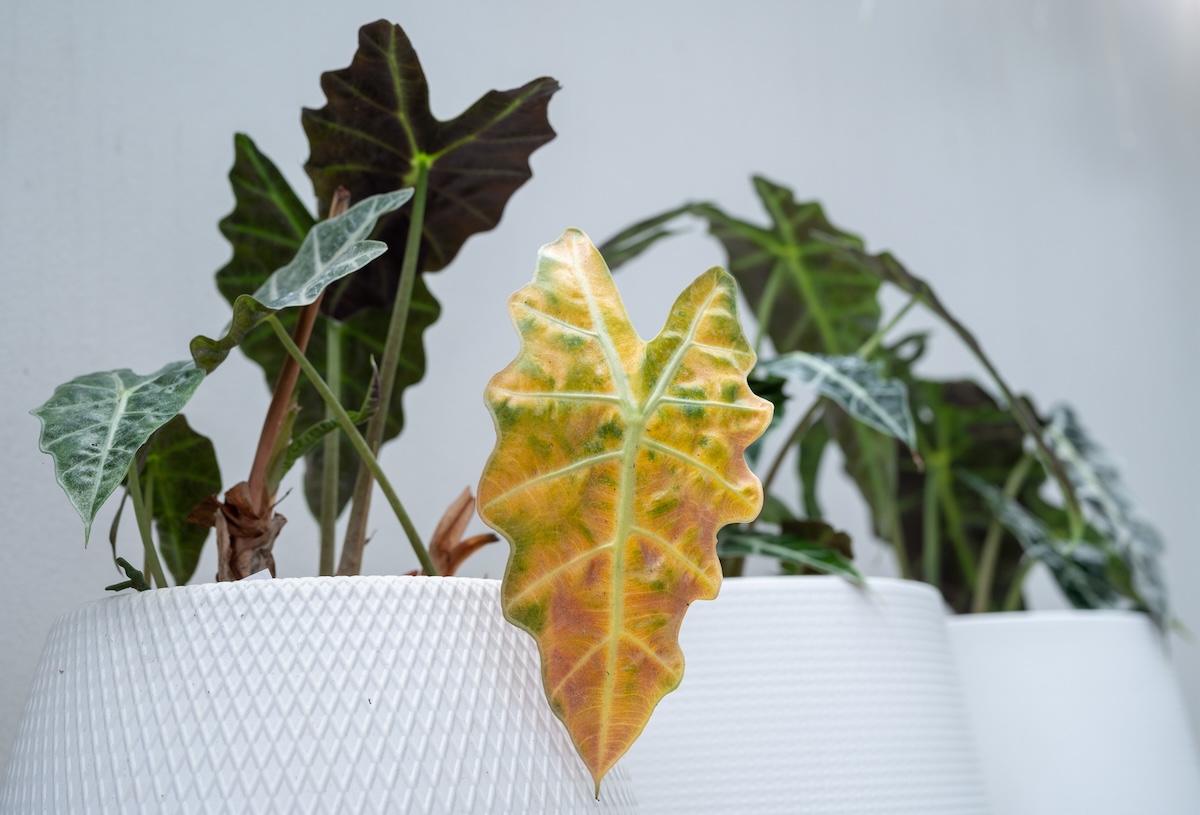
Although calcium and magnesium in hard water can be beneficial for the health of plants, it can be a very bad thing. A high concentration of minerals in water that you use to irrigate your plants can create construction of minerals in leaves and soil, which can prevent plants from absorbing nutrients. Since hard water is alkaline, it can be especially a problem for plants that is like acidic soil, such as rhodandron, ezleas and hydrainjas. Although you can filter water for home plants, you will need a water patient to irrigate the landscape and gardens.
6. Bill of your utility Are ringing

If your utility costs are increasing, you want to examine the plumbing of your own home. Over time, the scale can stop blood -up pipes and as it happens, your heating system will have to work hard to advance the water. At the same time, scale blood up can affect the energy efficiency of boilers and hot water heaters. Solving these problems can help you save money on your water bill.
7. Your laundry is dung.
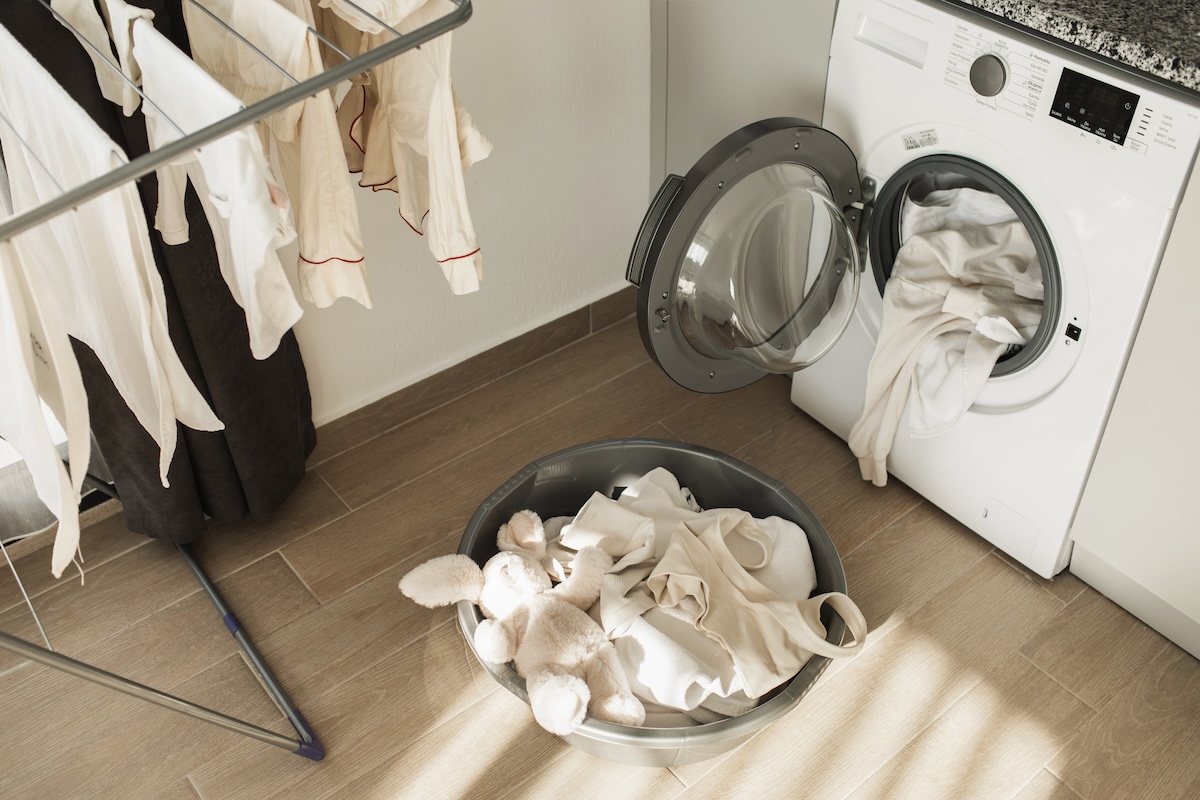
Of the many other issues of laundry, hard water makes soap and laundry detergent less efficient, and it can leave a wicked ocean back that causes your clothes and clothing to disappear, slow or brown, produce sore smell, and become scarce and abrasive. Washing clothes and clothes in hard water can also cause premature wear on the fabric.
8. Food The taste in your home is funny.
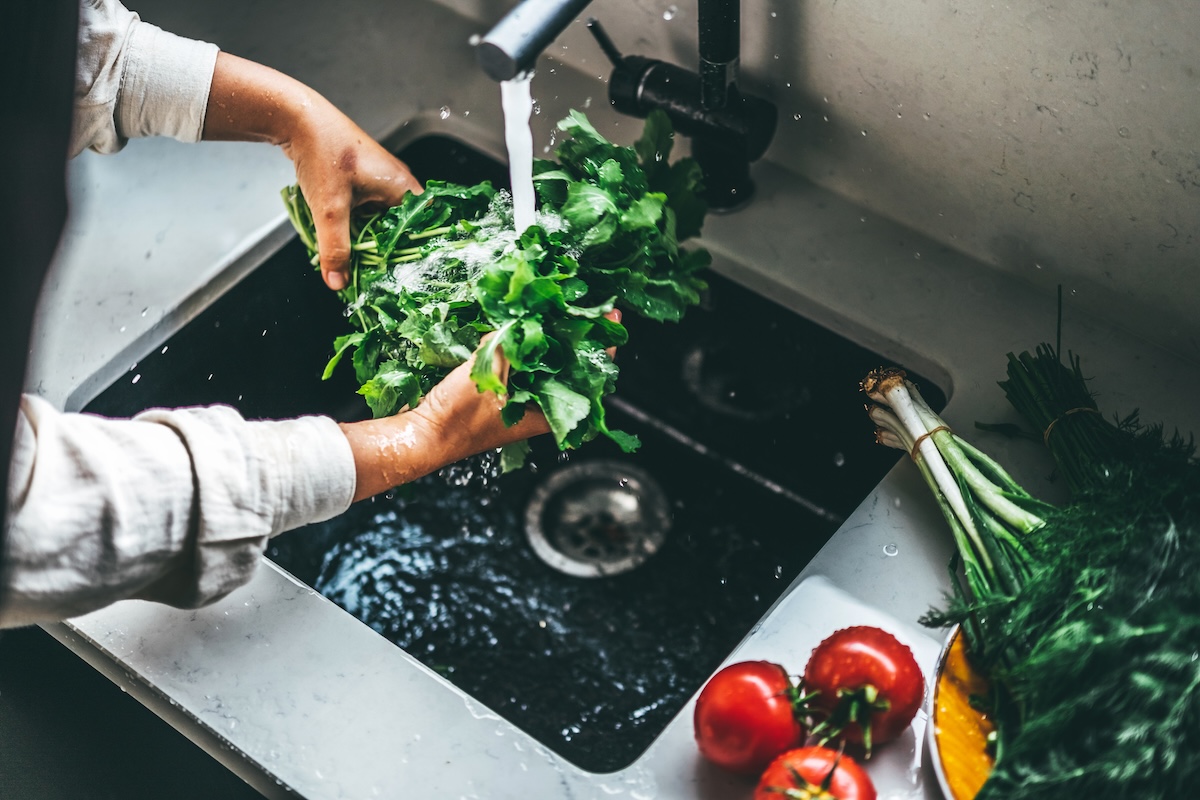
The presence of minerals in water changes its taste, which not only affects the taste of water, which you drink with a tap but also cook with it. “Many minerals can reduce the taste of cooking, and can affect the process of drinking coffee or tea,” says Cell. Hard water can make food and drinks a bitter or metal taste.
Fix: Filter whatever water you use to drink and cook.
9. Your skin and hair are dry.

Minerals in hard water can leave your skin and hair dry, astronomical and itching, and also prevent your skin holes, which can cause pumps, blackheads or inflammation. Since the soap does not dissolve properly in hard water, a sticky soap can delay your skin and prevent bacteria and elimination of dirt. The same sticky movie can make your hair dry, dim and lame.
10. You are having trouble with your water heater.
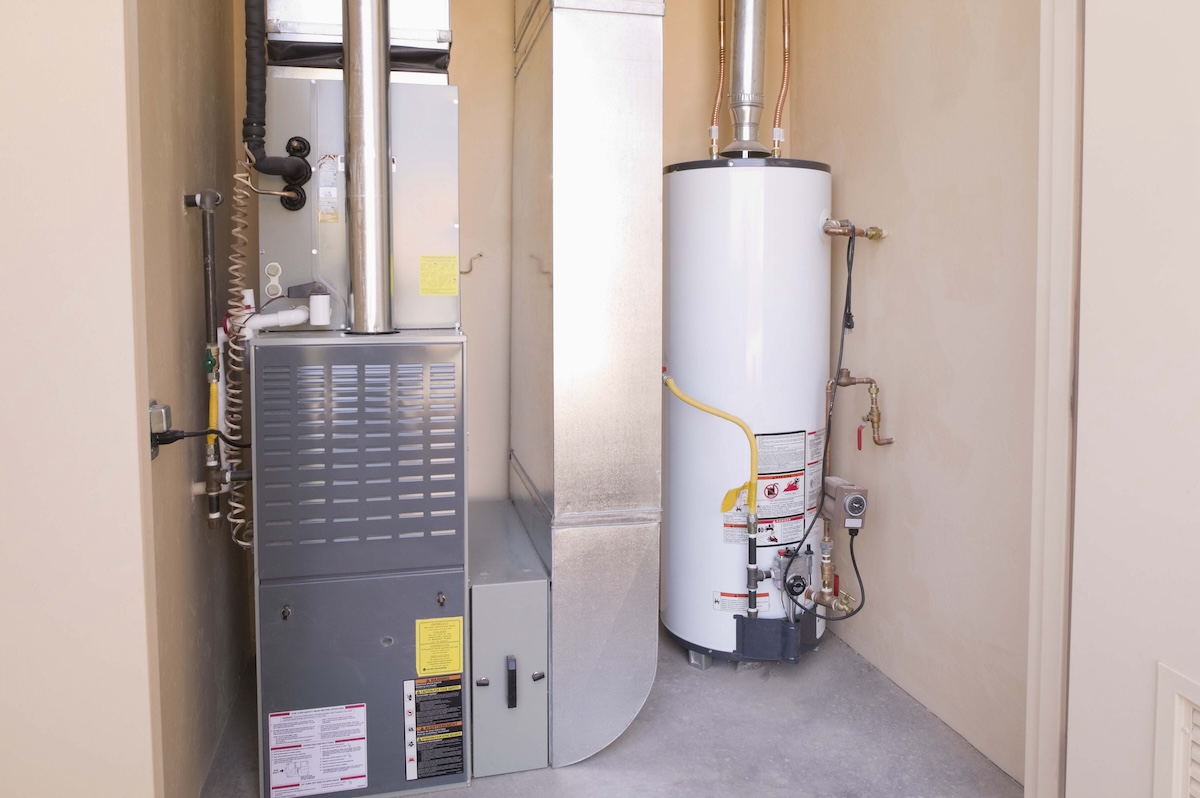
One of the most expensive and traumatic symbols you need is a water heater in your water heater. Hard water can lead to rapid and premature aging in water heaters, especially power models, as heating hard water also increases the scale of the tank as well as the expensive heating elements of the tank.

